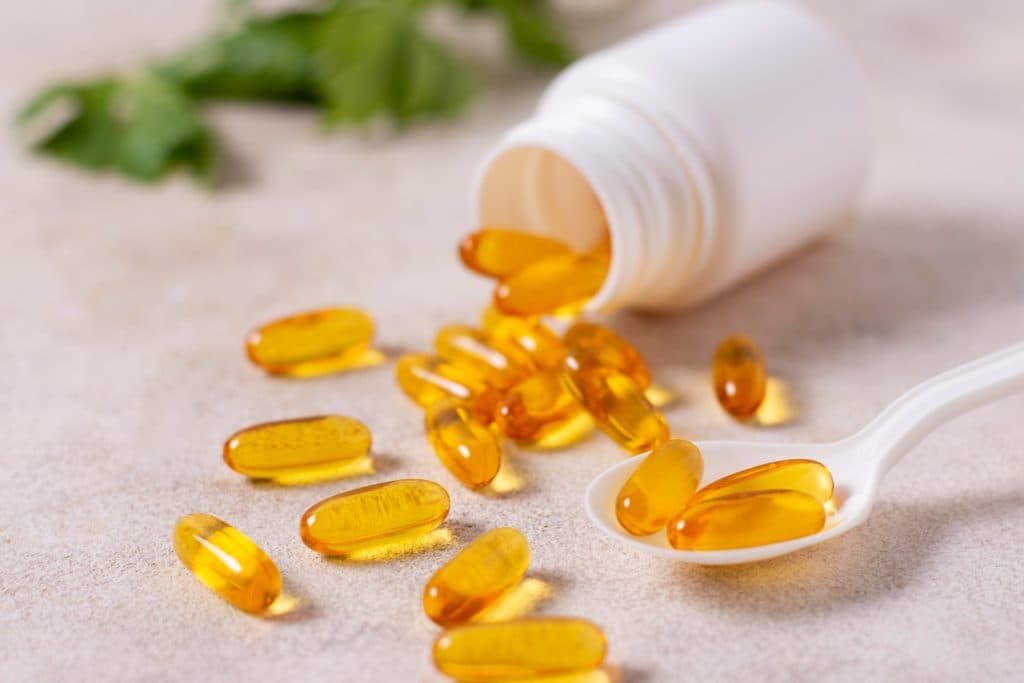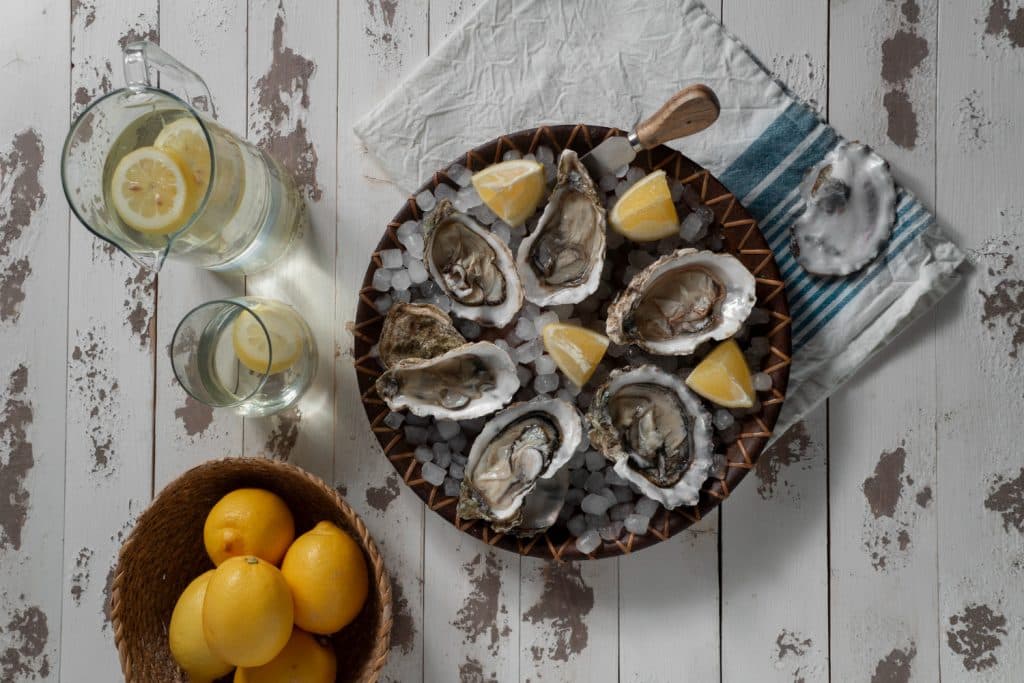Back to blog
How to Improve Immune Function – Boost Your Body’s Winter Shield

The chill of winter brings with it the unwelcome return of seasonal sniffles and a general dip in energy. But what if we told you that your best defence against winter bugs isn't just a thick coat, but a well-nourished body? Getting your diet right is one of the most powerful steps you can take to understand how to improve immune function during the colder months, effectively turning your plate into a proactive shield.
This isn't about quick fixes; it's about giving your immune system the cutting-edge tools it needs to thrive. We’re diving deep into two micronutrients - Vitamin D and Zinc - that act as true immune heroes, and we'll show you exactly how to get them into your winter routine.
The Science of Winter Resilience: How to Improve Immune Function
When the temperature drops, your immune system faces a tougher challenge. Reduced sunlight means less natural Vitamin D production, and indoor living increases the spread of viruses. This is why a strategic nutritional approach is vital. The goal isn't just to avoid getting sick, but to ensure your body’s natural defence systems are operating at peak efficiency. How to improve immune function fundamentally comes down to providing the essential building blocks for immune cell development and activity.
Vitamin D in Winter: The Sunlight Nutrient
During the winter in the UK, the sun isn't strong enough for your skin to produce sufficient Vitamin D - our primary source. This is a big deal, as Vitamin D, which is actually a hormone, is essential for regulating immune response. It helps to modulate both the innate (first-line) and adaptive (memory) immune systems, and adequate levels are thought to be protective against respiratory tract infections.
How to Get Vitamin D in Winter

If you're wondering how to get Vitamin D in winter without the sun, you have two main options: diet and supplementation.
- Supplements: The NHS recommends a daily supplement of 10 micrograms (400 IU) of Vitamin D during the autumn and winter months for everyone in the UK. This is considered the recommended daily dose for Vitamin D for general health. You should not take more than this unless advised by a healthcare professional.
- Dietary Sources: While it’s challenging to get all you need from food alone, certain winter healthy food items can certainly help boost your intake:
- Oily Fish: Salmon, mackerel, herring, and sardines are excellent sources.
- Egg Yolks: A convenient daily source.
- Fortified Foods: Look for breakfast cereals, plant milks, and fat spreads with added Vitamin D.
- Oily Fish: Salmon, mackerel, herring, and sardines are excellent sources.
- Egg Yolks: A convenient daily source.
- Fortified Foods: Look for breakfast cereals, plant milks, and fat spreads with added Vitamin D.
Vitamin D deficiency can impact immune response, making adequate intake a powerful strategy for immune system support.
Zinc for Immune Health: The Essential Mineral
If Vitamin D is the immune conductor, Zinc is the master builder. This essential mineral is involved in countless immune processes, including the development and activity of T-cells and Natural Killer (NK) cells - both critical for fighting off pathogens. Furthermore, Zinc is vital for maintaining the physical barriers, like your skin and mucous membranes, which act as the first line of defence against invaders.
What Are the Benefits of Zinc?
The benefits of zinc go beyond basic immune function. Zinc supplement benefits are best seen when taken soon after cold symptoms begin, as research suggests it can help shorten the duration of a cold.
- Antioxidant and Anti-inflammatory: Zinc's properties help moderate the pro-inflammatory response, preventing excessive tissue damage.
- Synergy with Vitamin D: Zinc is an essential cofactor for Vitamin D activity, meaning the two nutrients work together to support health.
- Barrier Integrity: It helps maintain the tight junctions between epithelial cells, strengthening your physical defences.
Foods to Enhance Immune System with Zinc

If you’re looking for foods that increase your immune system strength through zinc, animal sources are often the richest, but plant-based options exist too:
- Oysters: By far the highest source.
- Red Meat and Poultry: Beef, lamb, and chicken are excellent sources.
- Seeds and Nuts: Pumpkin seeds, sesame seeds, and cashews offer a good zinc for immune support.
- Legumes: Lentils and chickpeas contain zinc, though absorption can be slightly reduced by phytates.
Healthy Food Delivery UK
Ready to stop stressing over which winter foods have what and simply enjoy a perfectly balanced, immune-supporting meal? Calo makes it easy to incorporate all these micronutrients and more into your daily routine. We take the guesswork out of nutrition so you can focus on feeling your best. Fuel your immunity with our chef-prepared, macro-counted meals!
FAQs
Is it better to get Vitamin D and Zinc from food or supplements?
It's always best to get nutrients from a varied diet first. However, due to the lack of sunlight in the UK winter, a Vitamin D supplement is widely recommended. Zinc is often sufficiently met through diet, but supplements can be beneficial in cases of zinc deficiency or at the onset of a cold.
What is the recommended daily dose for Vitamin D?
The general public is advised to take a daily supplement of 10 micrograms (400 IU) during the colder months in the UK.
What foods support immune system function specifically for winter?
Focus on winter healthy food items rich in these two nutrients, like oily fish, eggs, and seeds. Also, incorporate warming spices like ginger, garlic, and turmeric for their anti-inflammatory properties.
Taking charge of your winter wellness is an act of self-care. It's about nourishing your body to build a formidable defence, not just waiting to fight off the next bug. By prioritising Vitamin D and Zinc, you are actively investing in how to improve immune function, ensuring you stay energised and ready to tackle the season.
To read about other essential nutrients that support your well-being, dive into our articles on Vitamin B12 and Nutrition, Vitamin C for Skin, Magnesium Benefits, and the power of Omega-3 Benefits. You can also read more topics on the Calo blog.








